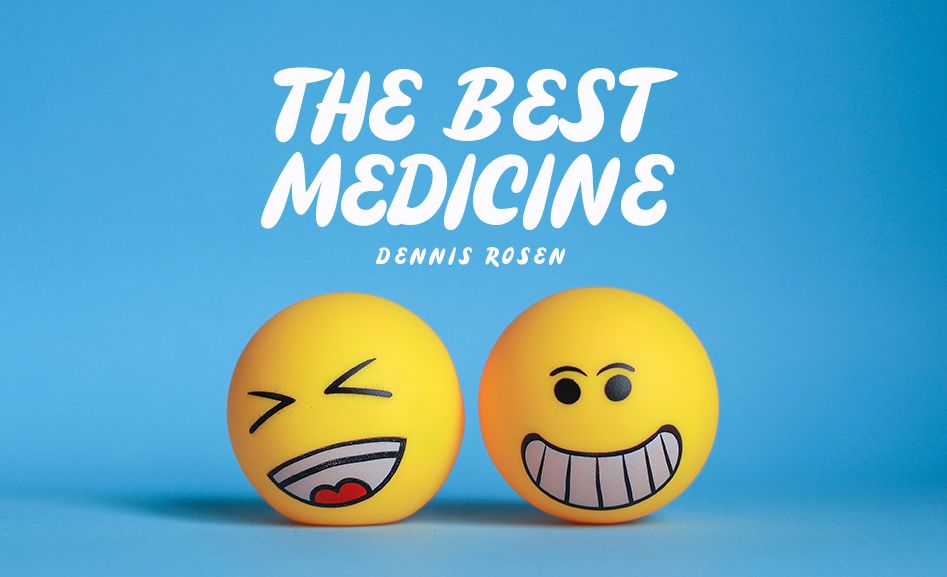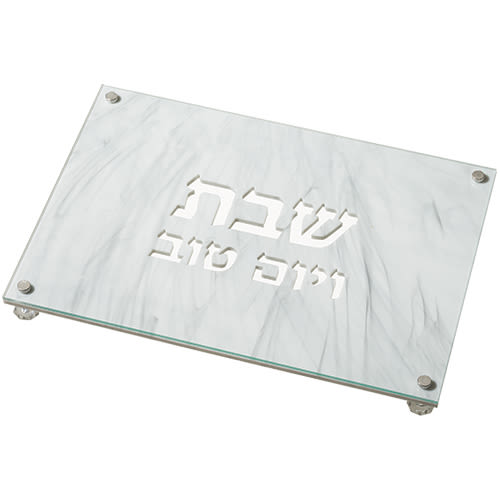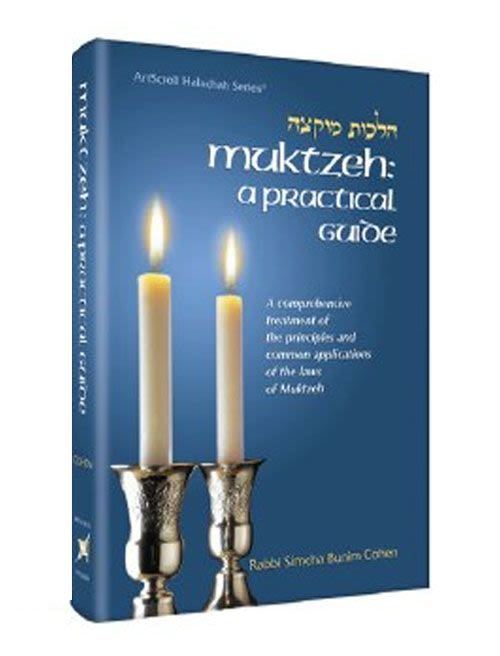
Danger: Moderation
The evil inclination says, Be moderate! There’s nothing wrong with a little bit of poison from time to time.” Moderation is an excuse to kill a person’s personal growth...

A couple of weeks’ ago, I was trying to tell one of my friends about some of the many insights Hashem has recently been giving me about the importance of eating healthy foods, and avoiding junk.
I was telling my friend what I’d just been learning about fats, and how we actually need to eat a lot more fat than we think, but only the healthy ones, like olive oil, coconut oil, and butter (no, that wasn’t a typo).
All of a sudden, my friend went into defensive mode, and the next thing I knew I was getting a lecture about doing ‘everything in moderation’. My friend loves diet cola, which is probably the worst thing you could drink. My friend loves iced coffee (probably the second worst thing you could drink). She loves wacky mac; she loves kosher l’mehadrin McDonald’s fries; she loves pastries and pies and kugel – all in moderation, of course.
After I got hit with the ‘everything in moderation’ line, anything I had to say sounded quite extreme, even fanatical. If there is a salad on the table, together with all the junky stuff, what’s the problem? If I eat a lot of fruit – together with all the junky stuff – what’s the problem? After all, to quote another popular saying, ‘a little of what you fancy doesn’t hurt you.’
But after that conversation, where these sayings were used to shut down any possible discussion about ‘changing’ or ‘growing’ – even with something as obvious as good eating – I started to wonder: where did these sayings come from? And then I started to question: are these sayings ‘OK’ from a Jewish perspective?
And the more I thought about it, the more I realized they really weren’t. After all, Torah is truth, and the truth would never agree to statements like: a little bit of rape, murder and pillage is fine. Or; a little bit of robbery, adultery and cruelty is fine.
The Torah doesn’t mince its words, and firmly divides behavior into two categories. Category One is positive behavior traits, which for Jews, include a whole bunch of positive mitzvot like eating kosher, keeping the Sabbath and building a Succah, to name but a few.
Category Two is negative behavior traits, and negative mitzvot, including the aforementioned murder, rape and pillage, and the aforementioned robbery, adultery and cruelty.
The Torah makes it clear that humans need to do their best to promote Category One behaviors as much as possible, and to avoid Category Two behaviors as much as possible. Yes, of course, ‘we are all only human’ (another helpful saying…), and even the best of us will do things wrong. It’s accepted. It’s normal. It’s why we were given the whole process of teshuva. But so many people misunderstand what teshuva and G-d’s forbearance is all about.
G-d’s infinite patience and mercy doesn’t mean that we don’t have to say sorry when we do something wrong, or that we don’t have to do our best to try to fix what we’ve broken. We have to confess that we fell down, that we goofed, that we erred, and tell G-d that we’re sorry, and that we want to do better in the future.
But if we tell ourselves that ‘everything is fine in moderation’, we’ll never do that.
When we read articles telling us how important it is to guard our eyes, or when we listen to shiurim telling us how important it is to talk to G-d for an hour a day, every day, or when we go and see our religious leaders, and get told how important it is to cover our hair; or give 10% of our income to charity; or to go to the mikva, or to stop watching movies, the first thing that pops into our heads is: how extreme! How fanatical! Once we can characterise something as really out there, it’s the easiest thing in the world to brush it off and ignore it. Why? Because so many of us live by the non-Jewish dictum of ‘Everything in moderation’ – even when it goes dead against what our Rabbis tell us, what our Torah teaches us, and what G-d Himself wants from us.
Basic honesty requires is to accept that ‘everything in moderation’ is not an objective measurement of good behavior.
A hundred years ago, ladies would faint if someone used foul language in front of them. Fifty years ago, polite company would be outraged by the use of bad language, and children’s mouths would be washed out with soap for even the mildest epithet.
Today, everyone swears. ‘Religious’ leaders swear. Childrens’ TV presenters swear. Toddlers swear. Mums swear. Dads swear. Grannies swear. Today, even the most extreme, anti-social behavior anyone could imagine fifty years ago is ‘moderate’. Today, even the most basic, common-sense, moderate, universally-accepted moral standards of fifty years ago are seen as ‘extreme’.
Today, getting married young and staying married even when times get tough is seen by many people as completely fanatical. Today, keeping your body covered, and solely for your spouse to look at is seen as extreme.
It’s a world gone mad.
As for me, I’m starting to re-examine a lot of the dictums that pop into my head all the time, to see whether I really want to live by the values they promote. Every time I catch myself excusing some indulgence, or slip, with the ‘everything in moderation’ line, I’m trying to challenge myself.
Because I don’t want ‘everything in moderation’. I don’t want mitzvot, or blessings, or good character traits, or health, or the World to Come in moderation – I want as much as I can possibly get.
And if that makes me a religious extremist, then so be it.












10/19/2015
the true middle path
The true meaning of the golden medium is not to be easy going and to not push oneself, rather it means to be able to have two opposite midos at the same time and know how and when to use the correct one. This is a very high level and not the cop out of laziness that most people use. An example of this is balancing zrizus and menuchas hanefesh , not being kind of lazy and kind of at peace.
10/19/2015
The true meaning of the golden medium is not to be easy going and to not push oneself, rather it means to be able to have two opposite midos at the same time and know how and when to use the correct one. This is a very high level and not the cop out of laziness that most people use. An example of this is balancing zrizus and menuchas hanefesh , not being kind of lazy and kind of at peace.
1/07/2013
Question on this great article Thank you for this article. I am just wondering how you would explain the Rambam's teaching of "shvil hazahav", taking the middle path in everything.